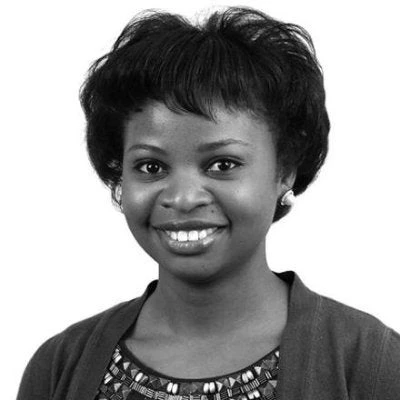Watch the above video. It’s from a Save the Children campaign about what can happen to children living in a country caught in conflict, and raising questions about whether the child will see her next birthday.
The video has been viewed by more than 50 million people. Save the Children wanted to deliver a message that the war in Syria, as in all wars, is really not so distant from our lives — that we all care about our children.
This shows the power of social media in the world of international development. The World Bank Group has extensive experience in taking advantage of social media channels to bring new audiences to critical issues affecting the poor. As part of the social media team, focusing mainly on keeping you, our audience, engaged — I would like to share some of my personal takeaways from these experiences, both in-house and from other organizations.
And I would like to hear from you — more on that at the end of the blog.
Amir Hatem Ali does a great job in a research paper laying out for policymakers and development organizations the best ways to build a social media base. He makes a compelling case that social media can contribute to promoting basic ICT skills and fostering participation and democratization in developing nations. I agree with him.
At the World Bank Group, our creative teams are running campaigns, trying different digital approaches, and opening new channels on social media to reach large numbers of people across the world.
One of the blogs I would recommend is People, Spaces, Deliberation, where we talk a lot about social media and how different countries and organizations are using it to promote development. And we’ve run campaigns to help build a movement to end extreme poverty by 2030, which is our goal. Such campaigns include Each Day I See, End Energy Poverty, Get2Equal, #Music4Dev, and several others.
Now to the fun part. Take a look at some other examples of creative approaches and campaigns that I find inspiring — maybe they can inspire you too.
Charity Water, the first charity organization to have 1 million followers on Twitter, are experts at using positive messaging to grow huge audiences. I noticed that they have cultivated the use of smiling faces combined with access to clean water. And who doesn’t like a smiling face? I certainly do! And I can see why this works so well as a social media campaign. For one, they use innovative and quality photography. I also like their design which couples compelling stories from people donating toward clean water. This is perhaps why I have made them one of my go-to organizations for creative ideas in social media.
Since our work covers various topics within international development, I wanted to see how others have mobilized support around health. I came across this Art of Saving a Life campaign about vaccinating children created by The Bill and Melinda Gates Foundation. Convincing people to care about international development can sometimes be challenging. But through this campaign, I learned that if you create an emotional appeal (making the case for why you think people should care) and use news coverage to widen the impact of your message, you can get the attention. You don’t have to be or have the same “klout” as big organizations. Whatever reputation and name your organization has, leverage it. And don’t forget to always be thinking about how to share your content!
If you are looking for a welcome break from daily routine tweeting, I would suggest you check out Periscope. The tool is intuitive and easy to use. I thought DFID had a brilliant idea to use Periscope to cover Prime Minister David Cameron’s speech about the Global Goals. The platform’s unique capability to provide immediacy and interactivity for the users ensured that thousands of people were able to follow along as the prime minister spoke.
Periscope is quickly becoming very popular and can be a useful tool if your organization is looking to engage their audience and have live viewers — especially during events. We used the tool during a panel discussion with National Geographic and with an Action 2015 event in April last year. I wish I knew then that you can save a recording of the video stream and upload to YouTube or Facebook and promote the post-event follow-up content later. Well, now you know.
My last inspiration is from WWF. They developed #Lastselfie, a campaign on Snapchat which introduced the platform as one organization can seriously consider if they want to widen their audience. Here’s my quick translation of Snapchat — think about it as a mini-billboard where you can advertise your message for a short time with the potential of developing into a bigger story.
Do you have great examples on how organizations are using social media for development?
What are some of your favorite social media campaigns? What did you like about them? We want to learn from you! Share your creative projects in the comments below.


Join the Conversation